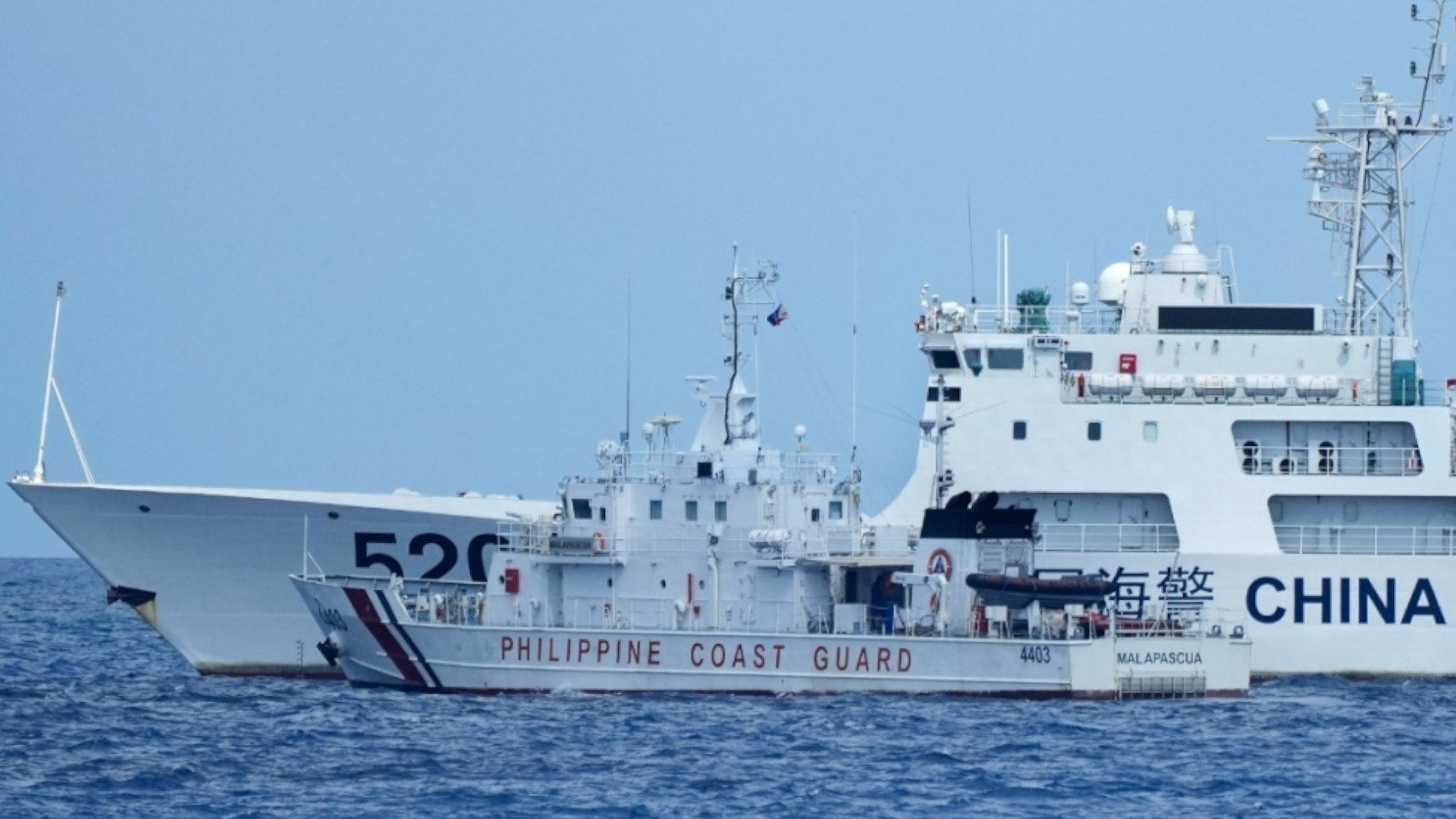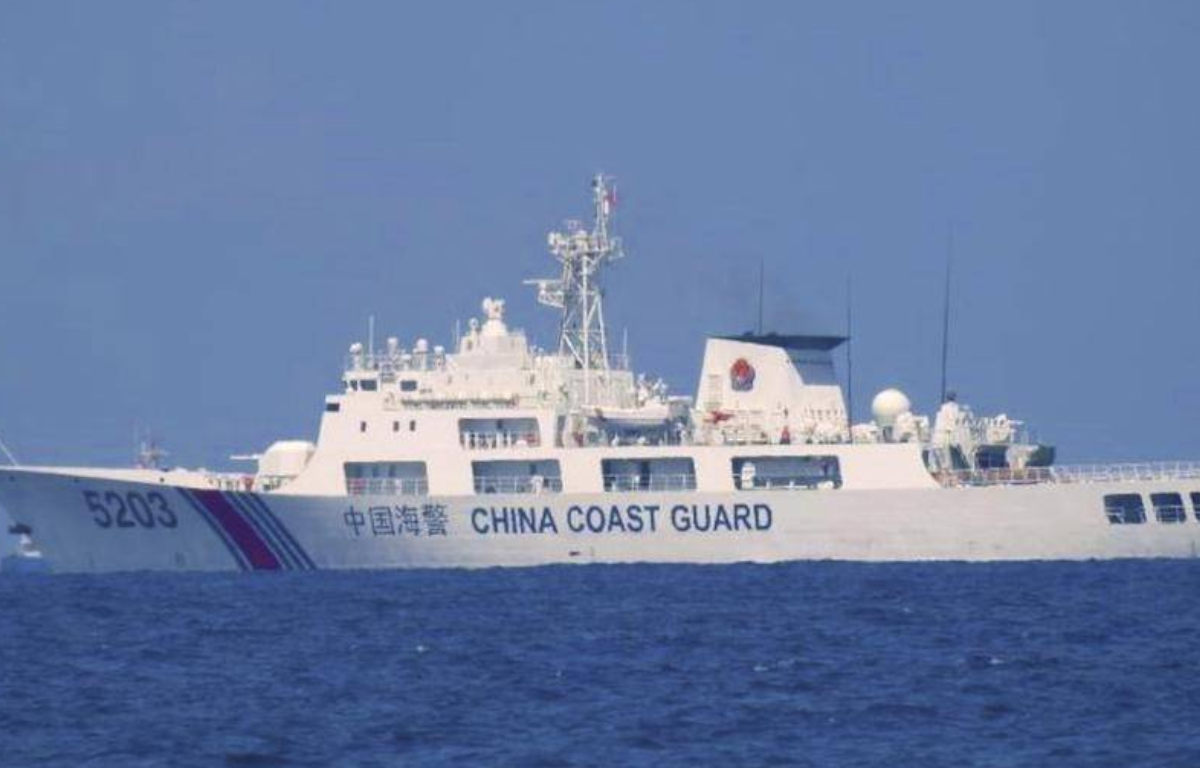
The South China Sea remains a contentious arena with multiple countries asserting territorial claims. China’s expansive claims have led to disputes with neighboring nations. These disputes have resulted in naval standoffs, territorial incursions, and diplomatic conflicts.
The joint navy drills demonstrate solidarity among the US, Japan, and Australia. While specifics are yet to be unveiled, these exercises will likely focus on enhancing interoperability among the naval forces. This collaborative effort aims to bolster maritime capabilities and uphold a rules-based international order.
Philippine officials welcome the joint drills, as tensions with China have directly affected the country. The exercises are seen as a positive step towards deterring aggression and ensuring freedom of navigation crucial for trade and economic growth.
The joint drills hold implications for regional security and geopolitics. They serve as a deterrent against aggression and strengthen alliances. Moreover, the drills reinforce adherence to international maritime laws and signal a collective response to assertive behavior.
The joint navy drills involving the US, Japan, and Australia mark a significant development in addressing tensions in the South China Sea. By collaborating, these nations aim to promote stability, ensure freedom of navigation, and discourage actions that could disrupt the region’s balance. As geopolitics continue to evolve, this collaboration will likely play a crucial role in shaping the South China Sea’s future and global security.










Share this: